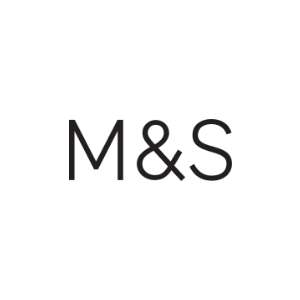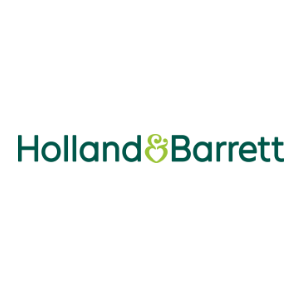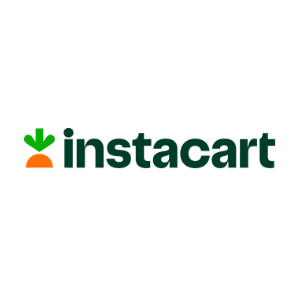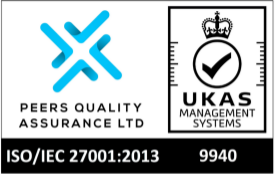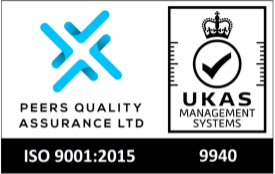Supply chain consulting

In the world of supply chains, foresight is everything. That’s why our supply chain consultants use all their best practice experience to transform your logistical challenges into strategic advantages. Unlocking new opportunities, we’ll work closely with you to help you adapt, scale and optimise your supply chain.
Our consultants combine strong supply chain management expertise with operational know-how. Delivering realistic timescales, we’ll limit your risk, balancing quick-win improvements with long-range business benefits. Focused and technical, we bring everyone with us.
400+
supply chain projects delivered
Why choose Visku for supply chain consulting?
As a leading organisation in the supply chain, logistics and warehousing industry, we pride ourselves on delivering a range of solutions tailored to your individual needs. Our team comprises consultants who have worked in top supply chain management firms. They bring a wealth of knowledge and experience from across many sectors and situations.
- Customised supply chain solutions. We believe in a personalised approach, creating strategies and solutions that align perfectly to your business objectives and operational needs.
- Modern technology. We use the latest supply chain management tools and technologies, from advanced analytics to AI-driven forecasting models.
- Global and local insights. Whether navigating local markets or expanding globally, our supply chain advisers offer globally-informed and locally relevant insights.
- Sustainable and responsible practices. We are committed to sustainability, ensuring that your supply chain meets today’s needs and contributes positively to environmental and social goals.
We will work with you to create a supply chain that is resilient, adaptable to change and empowered to meet the needs of your customers.
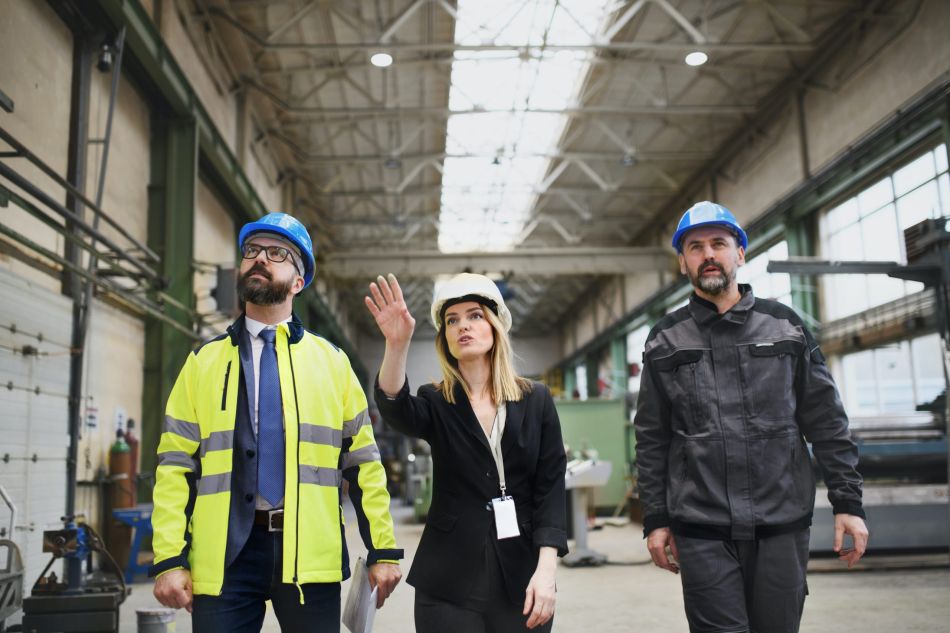
Physical logistics
Improve your logistics or redesign your entire operation for efficiency and growth. We’ll work with you as a true partner. People who design, assess, plan and co-ordinate. But most of all, we deliver. The change is yours. We make it happen, at pace and with rigour.
Grow with our physical logistics consultancy services
Cost to Serve
With so much being asked of your supply chain, knowing the cost-to-serve impact of your business decisions and market dynamics is vital. As you plan for profitable growth, we’ll ensure you have the fact-led insight to prioritise your focus.
Learn our approach to cost to serve solutions
Automation and
Mechanisation
Are you looking into automation and mechanisation? We can help you evaluate and implement both. From strategic choice and business case, to design, procurement, implementation, and testing. We translate your operations into automated ones, whether physical solutions, processes or systems.
Utilise automation and mechanisation consultingIndustries
We empower supply chains across various industries through visionary thinking and proven expertise. Experienced hands in each one, we help businesses find better delivery methods, no matter the market landscape. Our customers have seen transformative results, including reduced costs, improved efficiency, enhanced customer satisfaction, and robust supply chain resilience.




